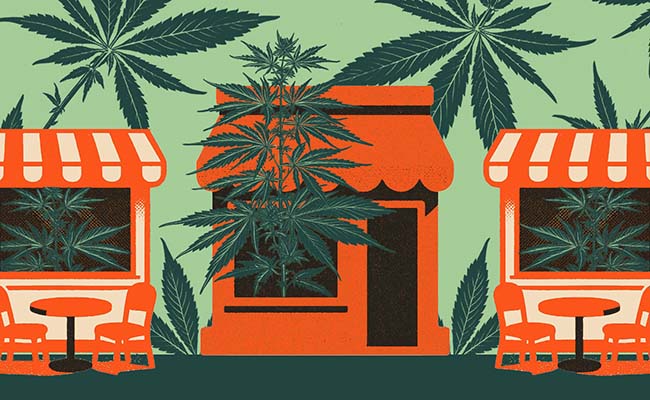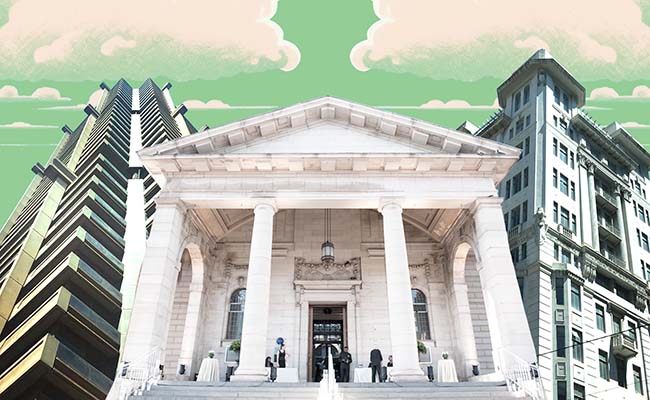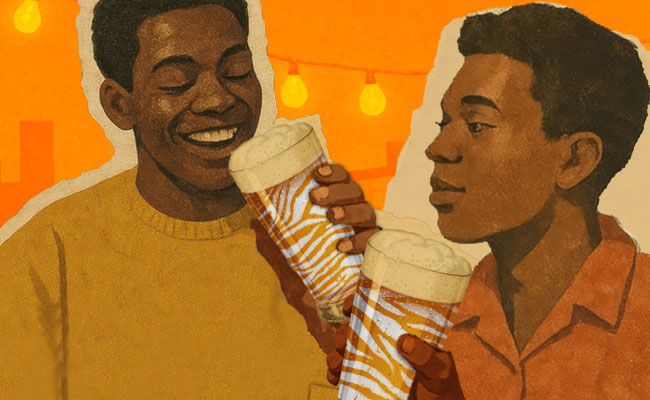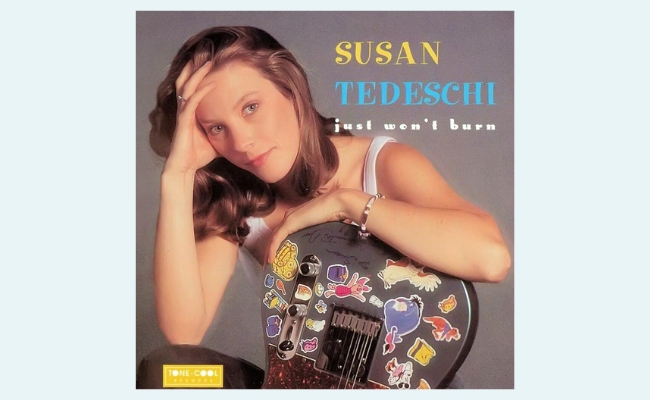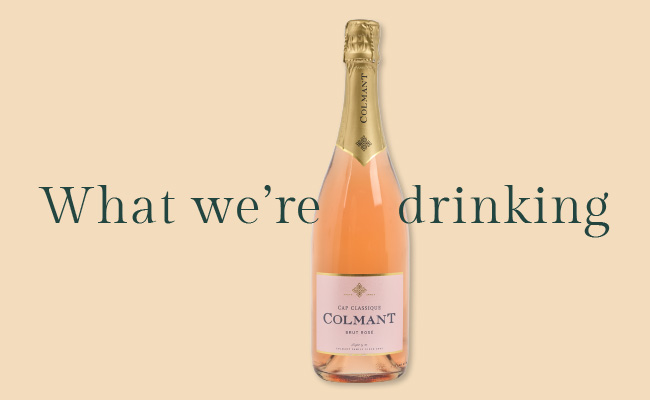On the quick drive between my house and the local park, I pass about eight weed stores on the Parkhurst strip, all done up with neon lights, leafy décor, and usually called The Herbarium or some sort of play on words. I swear it wasn’t like this just two or three years ago – so why have all these stores manifested now?
In May 2024, President Cyril Ramaphosa signed the Cannabis for Private Purposes Act into law. This finally made it legal to use and grow cannabis on one’s private premises, for personal consumption. The limit on the amount is 600g of dried product per person in a dwelling. That’s a pretty hefty amount, but certainly not enough to sell.
Not that the sale of cannabis is legalised at all; in fact, only the sale of cannabis for medicinal purposes is legal, and even then, the process of legally obtaining a prescription or a licence to grow is exhausting and complicated.
The sale of recreational cannabis, whether as dried product or as a plant, is still heavily restricted. (You couldn’t just pick a leaf from the side of the road and grow a new plant, but that’s another story.)
So – are these countless weed stores actually even legal? Well, not really.
“Just because something flies under the radar, or isn’t enforced, does not mean that it is legal,” says Paul-Michael Keichel, an attorney specialising in cannabis law.
Anyone selling cannabis without a licence from the South African Health Products Regulatory Authority could be arrested for contravening the Drugs and Drug Trafficking Act. “Most of what is openly sold does not comply with any of this and, so, is technically illegal,” Keichel says.
Smokescreen
Shannon, an employee at one of the many weed shops in Joburg, tells Currency: “There are three ways to [run] a weed shop. Medicinal labels, private clubs, or bribing the cops. We are a private club, so you have to be a member to buy anything here.”
Most of the weed stores you’ll see around are private clubs. They work via a loophole in the law, which grew out of the 2018 ruling that decriminalised the possession and cultivation of cannabis for personal use.
Skye, another employee at one of Joburg’s weed stores, explains that the clubs operate with a front room/back room set up. “When customers come, they have to be members to have access to the whole shop. If they want to have a look around in the front of the store they can, but we can’t disclose any prices of things or allow them to the back without being a member.”
Once customers sign up to become members (which is free in this scenario), they have access to the “back room” of the store, where they can “purchase” the products they see and partake in the private lounge.
“So, when it comes to buying, they aren’t actually buying weed, they are paying for their time in the private lounge,” Skye explains.
Another way of going about things in a private club is a “grow-for-me” method, where the club acts as a third party “gardener”. Membership fees are pooled and the club cultivates, processes and delivers cannabis products to the store for the plant owners (the members) to partake in the products that their “gardeners” have grown on their behalf. In essence, it is private-use cultivation, but just via a store. Who says capitalism doesn’t breed innovation?
The private club loophole has proven solid, which explains why they are popping up in their hundreds and thousands. Of course, there are also a fair amount of straightforward sellers, who simply bribe the cops (it’s more common than you think).
There seems to be no shortage of customers, and the price of weed pens and edibles can easily run over R1,000. But all the employees Currency spoke to say it isn’t a very lucrative business. Chloe, who worked at a weed store in Joburg, says the stores catering to a younger, “stoner” demographic tend to make more money, while her more specialised store was just getting by. But no-one is coming out a millionaire either way.
The high cost of starting a legitimate cannabis farm, especially a medicinal one, generally turns growers away – The Best Grow, a distributor of cannabis and hemp cultivation equipment, estimates it costs between R3m-R5m to set up a fully equipped growing facility. It also notes the costs of licensing can come to about R23,000.
In contrast, the cost of a bribe or three might not seem so bad.
Because of the cost, your regular weed store may be unlicensed and producing large quantities of product that haven’t undergone any form of safety testing.
The emergence of these musky, pungent-smelling stores everywhere is jarring, and those who are weed aficionados would say so too – many a smoker has noted they think these stores are overhyped and overpriced. But now that there’s potential to corner a market, it seems everyone wants to get a slice. I think we will just have to get used to the aroma.
Top image: Rawpixel/Currency collage.
Sign up to Currency’s weekly newsletters to receive your own bulletin of weekday news and weekend treats. Register here.


